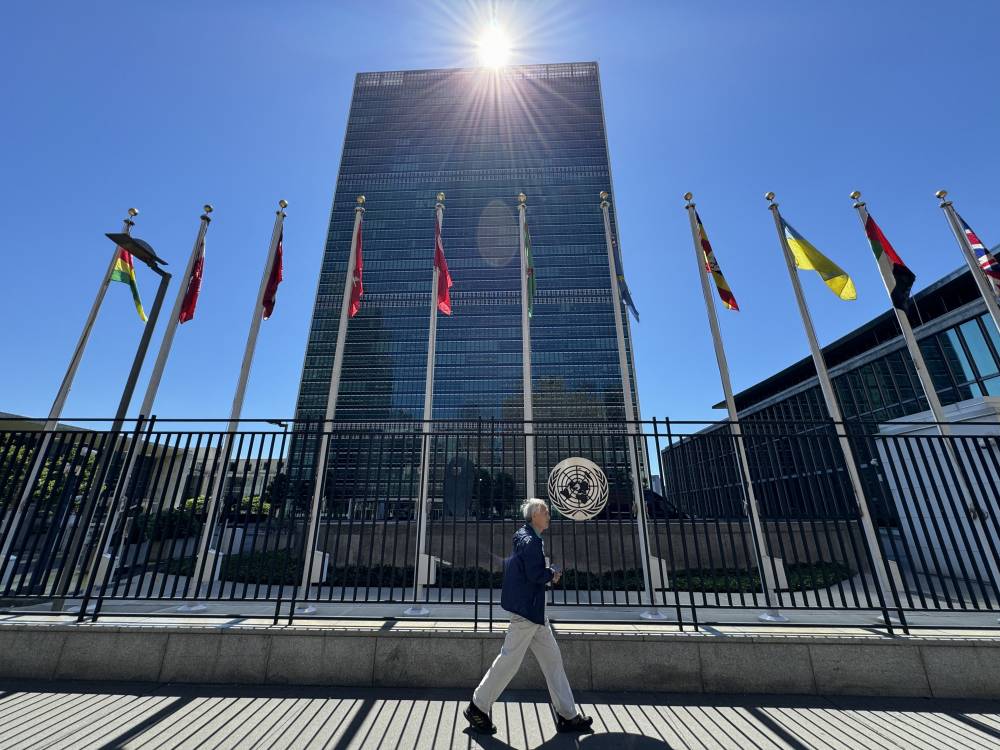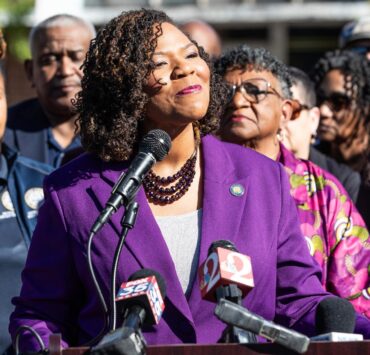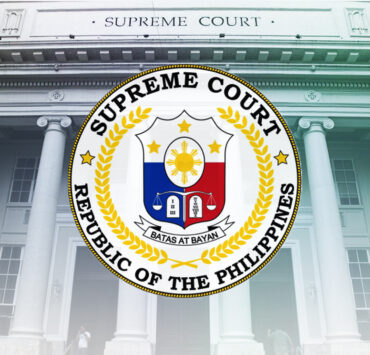UN rapporteur urged to probe abuse of counterterror laws

Local human rights groups have urged the United Nations (UN) special rapporteur to conduct an urgent inquiry into what they call the “intensifying weaponization of counterterrorism laws” and the ongoing “systemic abuse” in the country.
Members of organizations under the Philippine UPR Watch on Friday said in a statement that they have submitted an urgent letter of allegation addressed to UN Special Rapporteur Ben Saul at the UN office in Geneva, Switzerland, on Thursday.
The letter denounces the use of counterterrorism laws against religious groups, development organizations, and human rights defenders in the country.
It also provides “alarming updates” regarding the “expanding state repression” happening under the Marcos administration.
Among the issues raised was the civil forfeiture case against the church-based organization Rural Missionaries of the Philippines (RMP), in which its bank accounts were frozen due to allegations of terrorism financing.
Philippine UPR Watch pointed out that the terrorism financing charges stemmed from testimonies of “self-proclaimed former rebels,” and there was no “direct evidence” tracing the funds to terrorist acts.
“The persecution of RMP sets a dangerous precedent that threatens every church, every religious institution, every humanitarian worker in this country,” said Bishop Joseph Agpaoa, a Philippine UPR Watch delegate.
“If courts can declare mission work as terrorism financing, no one in the religious community is safe,” added Agpaoa, who is also acting general secretary of the United Church of Christ in the Philippines (UCCP) and vice chair of the National Council of Churches in the Philippines.
Agpaoa noted that the UCCP is also facing civil forfeiture proceedings, with the Anti-Money Laundering Council freezing the bank accounts and properties of the Davao City-based UCCP Haran and UCCP Fatima Church in Bohol.
Philippine UPR Watch said that, much like in the case of RMP, the evidence against UCCP consisted of “uncorroborated and recycled testimonies of so-called ‘rebel returnees,’ many of whom have appeared in multiple cases with nearly identical narratives.”
“The state is targeting our ministries, freezing church properties, and criminalizing our work with the poor. What it calls counterterrorism is, in truth, dismantling ministries that for generations have served farmers, indigenous peoples, and rural communities abandoned by the state,” said Agpaoa.
The delegation also criticized the country’s compliance with the Financial Action Task Force (FATF), a global money laundering and terrorist financing watchdog.
Lawyer Josalee Deinla, secretary general of the National Union of Peoples’ Lawyers, said the removal of the Philippines from the FATF “grey list” came with intensified “politically motivated financial sanctions and prosecutions against critical and dissenting voices.”
















